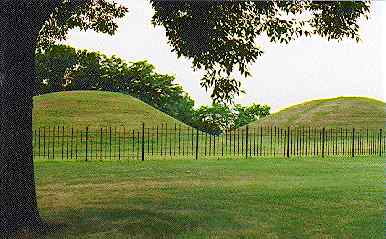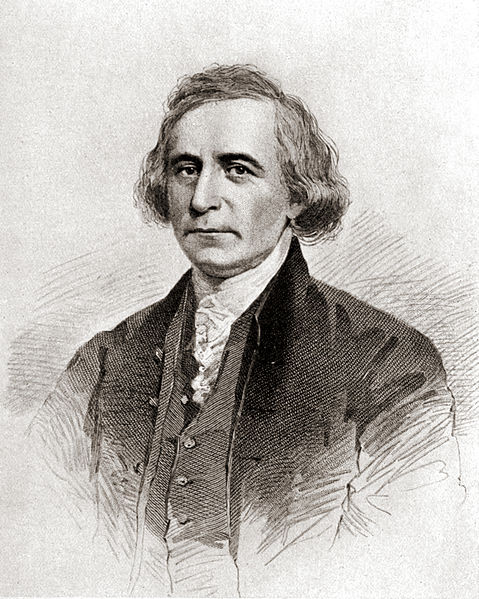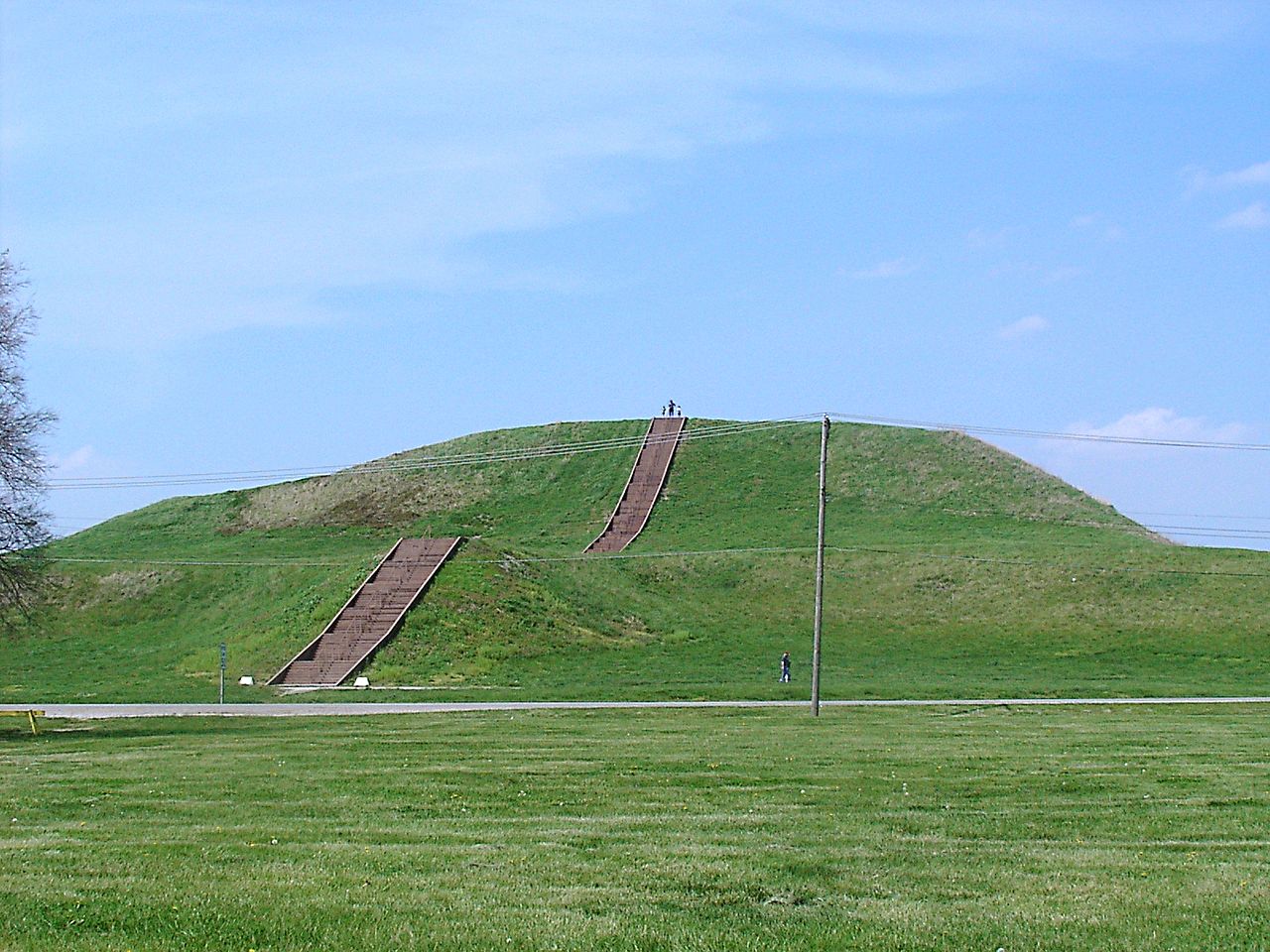|
|
Online Texts for Craig White's Literature Courses
|
|
|
The Indian Burying-Ground (1787) by Philip Freneau (1752-1832) |
|
Biographical Information: Freneau is best known as a writer of the Founders' generation who lived into the Romantic era and whose later poems explored Romantic themes of a spiritual love for nature and nostalgic regard for American Indians.
Born to a French Huguenot (Protestant) wine merchant and his Scottish wife in 1752 in New York City, Freneau graduated in 1771 from Princeton College where he wrote many poems and satires. In the early 1770s, Freneau published anti-British pieces but traveled to the Caribbean Islands before the Revolutionary War began. Returning to the new USA in 1778, he joined a raiding ship but was captured and held on a British prison ship for about six weeks during which he nearly died. After being released, he wrote more anti-British pieces, gaining him the nickname "the Poet of the American Revolution."
In 1790 Freneau married Eleanor Forman. As an ally of Thomas Jefferson and James Madison in opposition to the Federalist party headed by George Washington, John Adams, and Alexander Hamilton, Freneau became editor of the Democratic-Republican National Gazette, a leading partisan newspaper of the early 1800s. After retirement, Freneau continued to write poetry and political journalism.
Among his poems regarded as works of early Romanticism are "The Yellow Honey-Suckle" (1786) and the heavily-gothic The House of Night (1781)
![]()
|
Instructor's note: Freneau's poem premises that some American Indians buried their dead in a seated posture. Indian burial practices varied, but many Eastern Woodland Indians (with whom Freneau would have been most familiar) interred their dead in a burial mound, also known as a barrow or tumulus—see photos at right and at bottom. Discussion question(s): 1. How does Romanticism change the nation's attitude toward Native American Indians? Compare Mary Rowlandson, A Narrative of the Captivity and Restoration? 2. American literature often relocates the gothic from haunted castles to the forest or wilderness. What gothic elements may be present in this poem? 3. Discuss use of "fancy" or "imagination"; relate to Phillis Wheatley, "On Imagination." 4. How does the poem's language or diction represent "Romantic rhetoric?" |
|
![]()
The Indian Burying-Ground
In spite of all the learned have said,
I still my old opinion keep;
The posture that we give the dead, [we = Euro-Americans, who bury the dead as though sleeping alone on their backs]]
Points out the soul's eternal sleep. 4
Not so the ancients of these lands— [ancients = ancient peoples]
The Indian, when from life released,
Again is seated with his friends, [poem posits that Indians are buried seated]
And shares again the joyous feast. 8
His imaged birds, and painted bowl, [His = the Indian's; imaged = carved]
And venison, for a journey dressed, [venison = deer meat; dressed = prepared]
Bespeak the nature of the soul,
Activity, that knows no rest. 12
His bow, for action ready bent,
And arrows, with a head of bone,
Can only mean that life is spent,
And not the finer essence gone. 16 [finer essence = Romantic version of soul?]
Thou, stranger, that shalt come this way,
No fraud upon the dead commit, [fraud = deception, misapprehension]
Yet, marking the swelling turf, and say, [swelling turf = Indian burial mound, pictured below]
They do not lie, but here they sit. 20
Here, still a lofty rock remains,
On which the curious eye may trace
(Now wasted half by wearing rains)
The fancies of a ruder race. 24 [fancies = imaginations > inscriptions? rock carvings / paintings]
Here, still an aged elm aspires,
Beneath whose far-projecting shade [shade = shadow, gothic effect; shade may mean "ghost"]
(And which the shepherd still admires) [shepherd = stock character in Romantic pastoral poetry]
The children of the forest played. 28 [children of forest = sentimental stereotype]
There oft a restless Indian queen,
(Pale Marian, with her braided hair) [Marian?]
And many a barbarous form is seen [barbarous form = savage image or spirit]
To chide the man that lingers there. 32
By midnight moons, o'er moistening dews,
In habit for the chase arrayed, [habit = clothing, equipage]
The hunter still the deer pursues,
The hunter and the deer—a shade. 36 [shade = the visible but impalpable form of a dead person, a ghost. Also, a disembodied spirit (OED 6)]
And long shall timorous fancy see [timorous = fearful; fancy = imagination]
The painted chief, and pointed spear, [painted = as in decorative facial paint]
And reason's self shall bow the knee [reason: contrast "fancy" or imagination in l. 37]
To shadows and delusions here. 40 [shadows & delusions = cf. "fancies" l. 24, "fancy" l. 37]

Indian mounds at Dayton's Bluff, Minnesota



